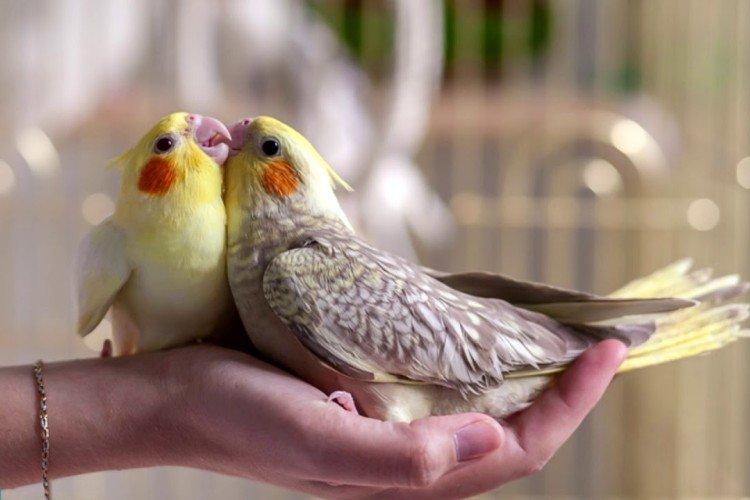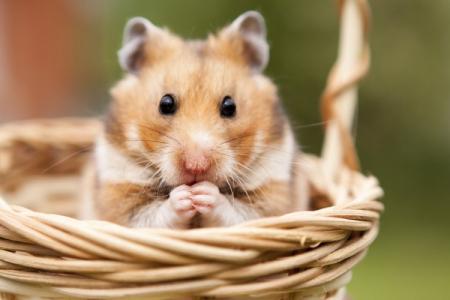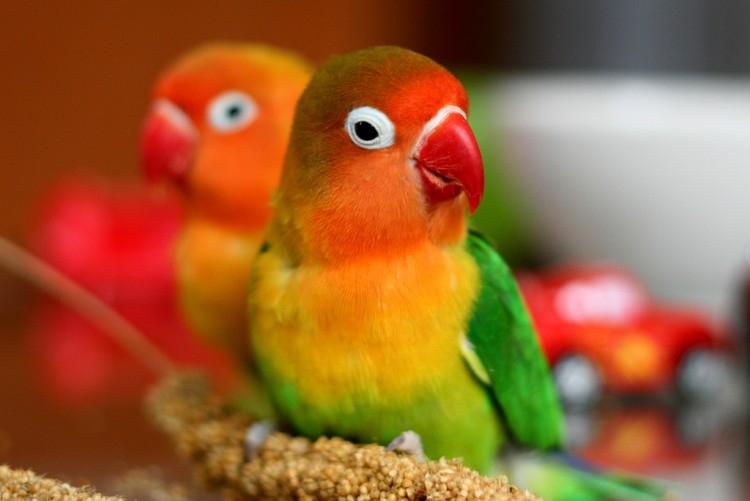
It is difficult to draw any general conclusions about parrots, given how many of their breeds and species feel great in homes. They all have their own characteristics and specificity of the content. But we still found out how long parrots live and how you can extend their life!
Life span of parrots
Small budgerigars live least of all - about 10 years, although sometimes 20-year-old centenarians are found. The lifespan of cockatiels is 15-25 years, lovebirds - up to 20, and gray and macaws - about 40-60 years.
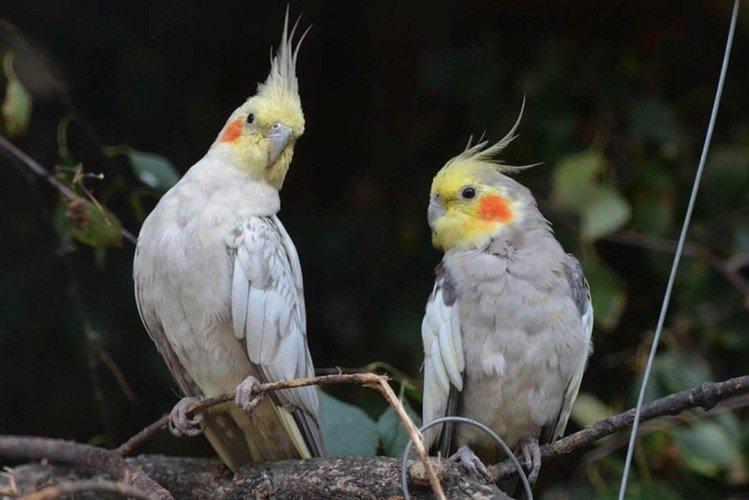
How to prolong the life of a parrot?
Parrots can live happily ever after in captivity, but for this they need to provide appropriate conditions. Keep in mind that the nuances for exotic species and, for example, budgerigars can vary significantly.
Proper nutrition
Nutrition is the main factor that directly affects the longevity of your pet. It is strictly forbidden to feed the parrot from the table. It should be based on grain feed, sprouted herbs, fruits and vegetables, cereals and branches. By the way, fruits and berries can be frozen, but then you must definitely defrost them to room temperature.
Cereal mixes are sold ready-made, and here you can not worry too much. All the same grains are suitable as sprouted greens, and also young nettle, plantain, lettuce, dandelion and carrot tops. Fruits and vegetables can be almost any, but give up potatoes, avocados, mangoes and persimmons. Do not overuse grapes, pomegranates, corn, any cabbage, peas and beets.
Parrots need twigs that contain nutrients and fiber. This is not entertainment, but an obligatory component of the diet. You can not give pear, lilac, poplar, oak, bird cherry, conifers and spring willow. First, it is recommended to wash the branches and scald with boiling water. Birds also need sand and chalk to digest food and get calcium.
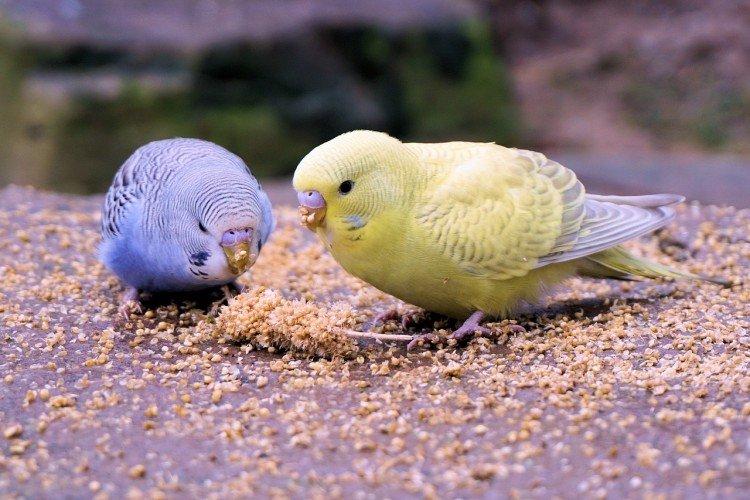
Conditions of detention
Parrots definitely need warmth - about 20-25 degrees. For budgerigars, short-term depressions are acceptable, but ideally at least 18 degrees. In the hot season, you need a bath of water to cool off and play.
The cage should be spacious enough, taking into account the size of the bird - at least 5 times longer. Ordinary rectangular all-metal ones are better suited, without complex shapes and protrusions. It is placed away from the window and heating appliances, but in a fairly bright place. In autumn and winter, additional lighting is needed to extend the day to 15 hours.
A daily cleaning is imperative, and once a week - a general cleaning with the replacement of sand and a pallet. Remember to clean all corners, perches and toys. They can be washed with hot water and baking soda.
Veterinary control
Most often, parrots have diseases of the gastrointestinal tract, so in case of the slightest disturbances in appetite, stool or vomiting, we recommend that you immediately contact your veterinarian. Drafts and cold can lead to respiratory problems.
If the bird is sluggish, constantly sleeps, does not play, does not care for the plumage - it's time to see a specialist. If the parrot sniffs and breathes heavily, but looks healthy, too. Alarming symptoms are excessive thinness (noticeable by the protruding keel), constant thirst, growths on the legs, strange behavior. Do not delay if you want your pet to live for a long time.
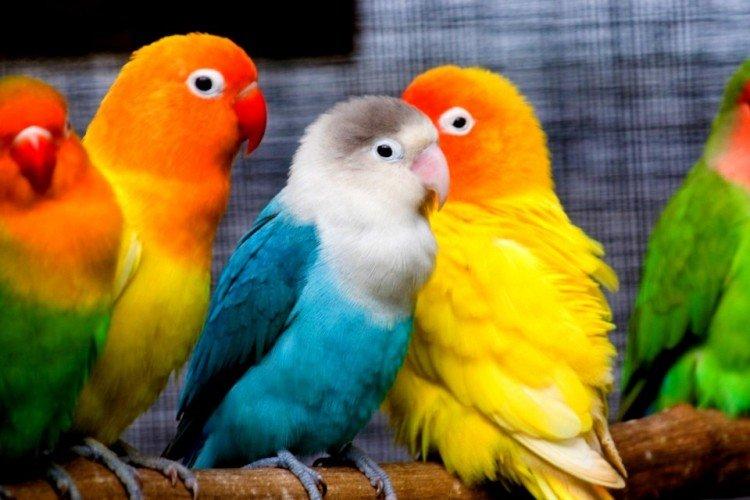
Active lifestyle
Parrots cannot be kept in a cage all the time. They need a regular opportunity to fly - at least half an hour a day. And take care of a sufficient number of different toys - perches, bells, mirrors and swings. Parrots are very intelligent pets, so they need variety and mental alertness.
Love and attention
Almost all parrots are very fond of attention, and can even be destructive when not received. Study with him, play, teach, and remember that the birds get sick from melancholy.By the way, therefore, it is better to keep many parrots in pairs or in a small family. Also remember that birds are very stressed when they are caught in a fist, so carry the parrot on your finger or hand.
